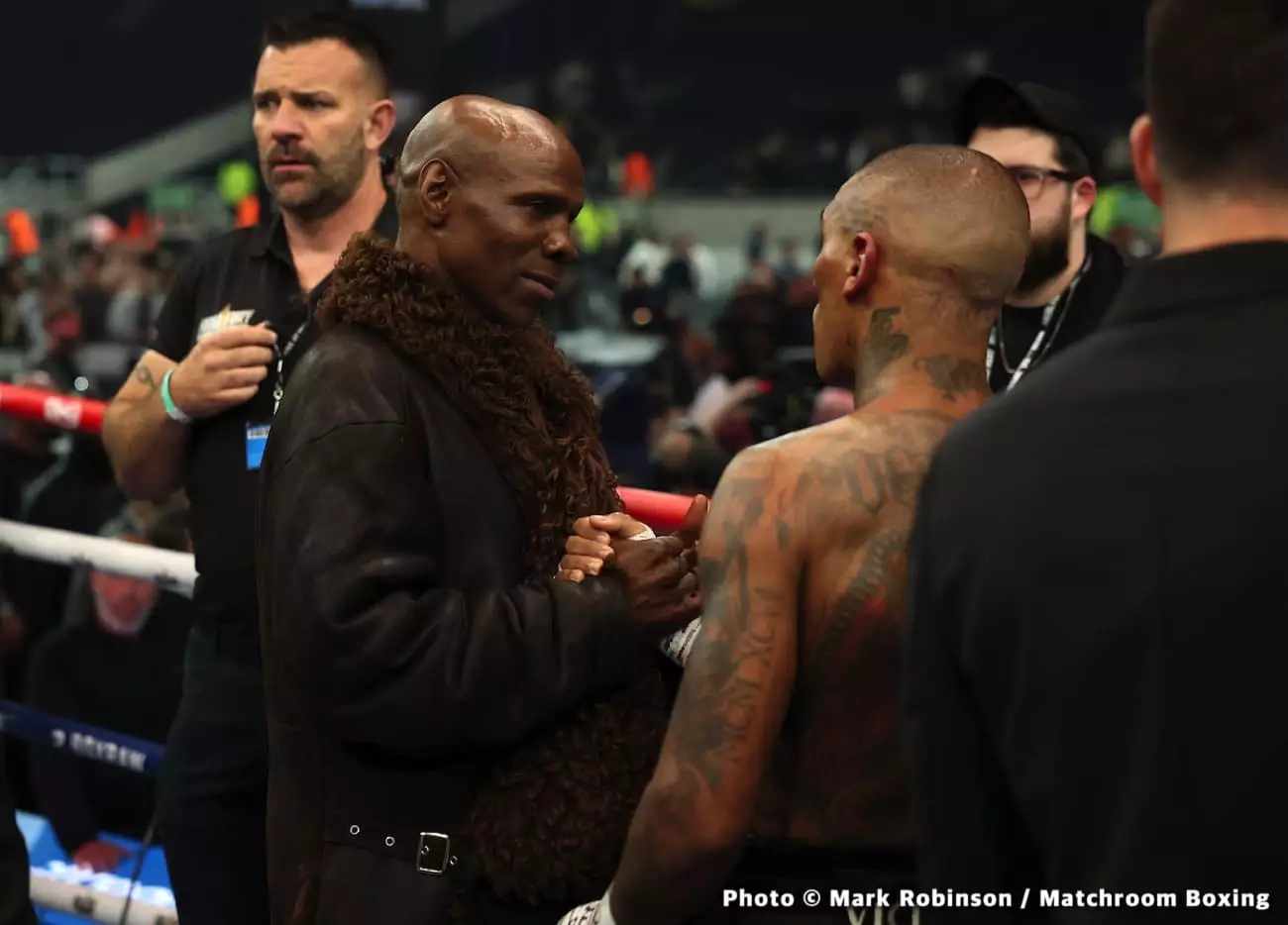In the realm of boxing, few decades have shone as brightly as the ’90s, particularly in the super-middleweight division. It was a time when grand personalities and remarkable skills collided, giving rise to legends like Chris Eubank, Nigel Benn, and Joe Calzaghe in the UK, along with American giants like Roy Jones Jr. and James Toney. Chris Eubank, with his unique charisma and fighting prowess, etched his name in history as one of Britain’s finest pugilists. However, his career narrative is haunted by the enigmatic absence of matchups against two of the greatest fighters of all time: Jones and Toney.
Eubank’s decision to avoid unification bouts with these American champions prompts a discussion about risk, strategy, and legacy. While some fans might perceive this as a blot on his record, a closer examination reveals the practicality behind his choices. In boxing, the risk of losing to a legendary adversary not only affects a fighter’s career trajectory but also their legacy. Eubank himself reflected on this, acknowledging the inherent dangers posed by both Jones and Toney.
Intellectual Caution in a Risky Sport
What does it mean for an athlete to be “intelligent” in their approach to competition? For Eubank, it was a recognition of the athletic capabilities that Jones and Toney possessed—specifically, their exceptional speed and tactical finesse. Eubank openly admits, “I only had brains,” indicating a level of self-awareness that is often overlooked in the narrative of sports legends. His accolades at middleweight and super-middleweight do not solely define him; rather, they illustrate a nuanced understanding of fight strategy and the importance of knowing one’s limitations.
In a conversation with Sky Sports, Eubank shed light on the dynamics he faced. He stated, “I would have fought Roy if he was No.1 contender… but I was WBO champion and he was IBF. I didn’t have to.” This admission underlines a strategic decision rooted in the reality of boxing politics, which often dictates the matchups a fighter can pursue. While some may argue that a true champion should face all contenders, Eubank’s acknowledgment of potential risks speaks volumes of a fighter’s responsibility towards their career, health, and legacy.
The Hypothetical Showdowns: Eubank vs. Jones and Toney
Imagining a clash between Eubank and Jones in the prime of their careers is a tantalizing prospect. Jones, often regarded as one of the most talented boxers in history, possessed the rare combination of speed, agility, and ring awareness. The debate surrounding who would triumph in this hypothetical matchup varies among fans; many argue that Jones, with his lithe physique and unorthodox style, would emerge victorious, perhaps even with an early knockout. However, such predictions often overlook Eubank’s formidable resolve and iron chin, built through years of tough competition.
Interestingly, Eubank only suffered one knockout defeat throughout his storied career—a testament to his durability and fighting spirit. Opponents who viewed Eubank through the lens of past performance held varying opinions, with some predicting a swift end to the contest if faced with Jones. But such assessments arguably diminish Eubank’s prowess as a fighter who thrived on pressure and confrontation.
Similarly, the potent combination of skill and occasional lack of motivation observed in Toney’s fights raises intriguing questions about how Eubank’s relentless style might have unsettled Toney. In many ways, Toney’s technical prowess could have been challenged effectively by Eubank’s unyielding resolve. Boxing experts often muse about what could have transpired had these encounters taken place, yet the reality remains that they were never materialized.
The Acceptance of Unfinished Business
At 58, Eubank has embraced his past decisions with grace, honestly admitting that he harbors no bitterness towards the bouts that never unfolded. Understandably, combat sports can be as much about legacy as they are about individual glory, and the specter of what could have been often lingers over athletes long after their active careers conclude. By recognizing the potential hazards of facing Jones and Toney, Eubank illustrates that the journey of a fighter is not simply about accolades, but also about making calculated choices that define their trajectory.
In a sport where bravado often overshadows intelligence, Chris Eubank stands as a counterexample, a reflective warrior who navigated the treacherous waters of competitive boxing with a blend of skill and strategy. The divide between those who achieve longevity and those who chase fleeting moments of fame is encapsulated in Eubank’s journey—a narrative that continues to resonate as one of the most compelling in British boxing history.

